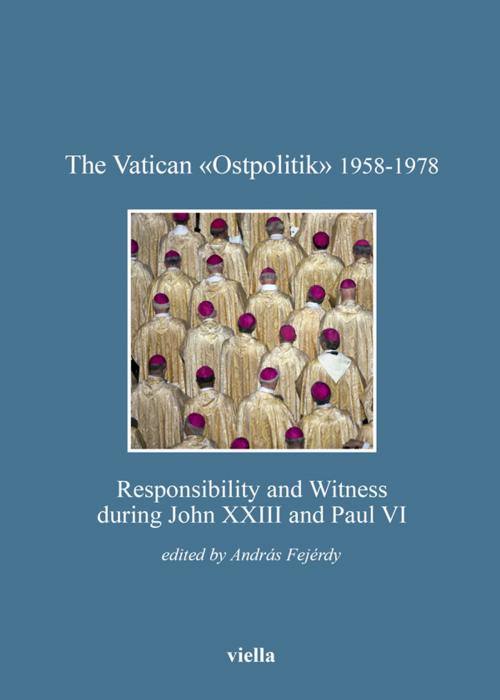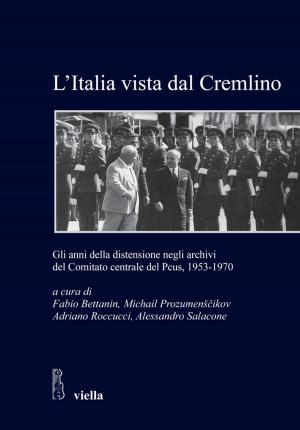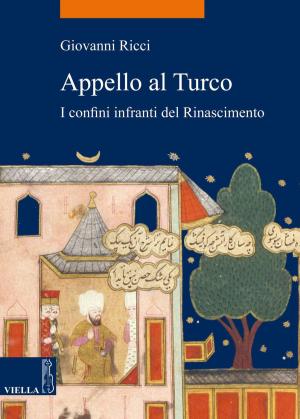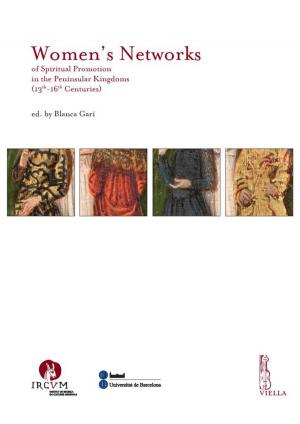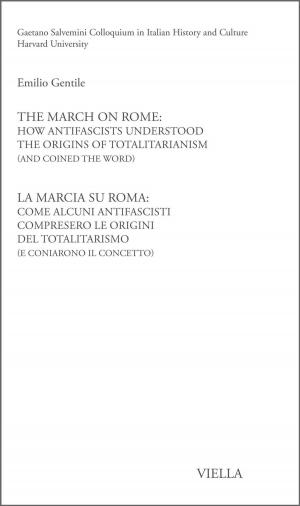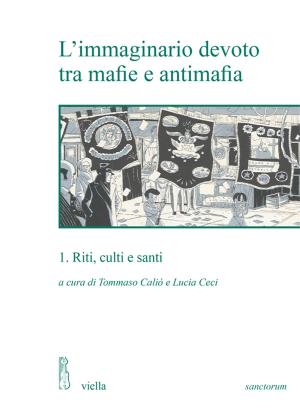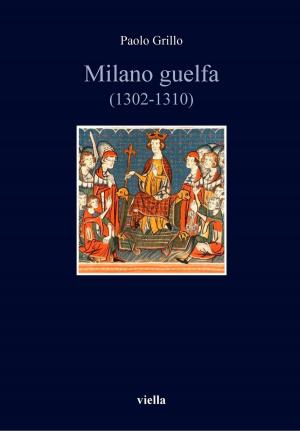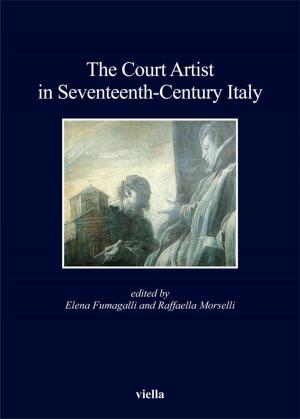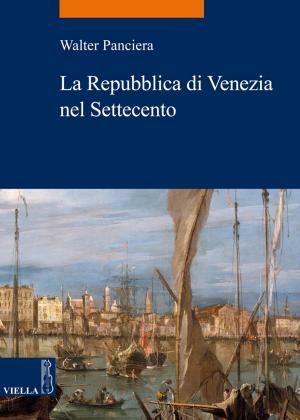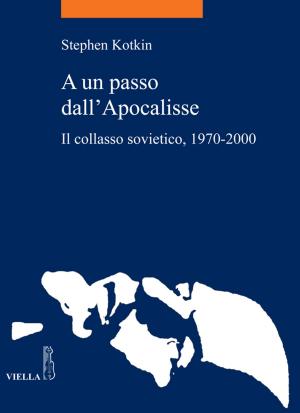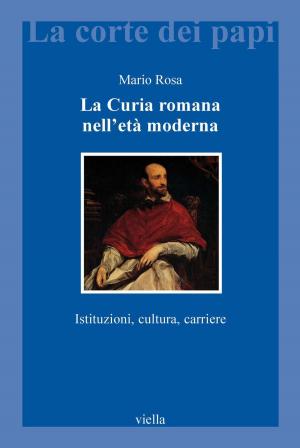The Vatican «Ostpolitik» 1958-1978
Responsibility and Witness during John XXIII and Paul VI
Nonfiction, History, Eastern Europe, Modern, 20th Century, Religion & Spirituality, Christianity, Church| Author: | Autori Vari | ISBN: | 9788867288175 |
| Publisher: | Viella Libreria Editrice | Publication: | April 6, 2017 |
| Imprint: | Viella Libreria Editrice | Language: | English |
| Author: | Autori Vari |
| ISBN: | 9788867288175 |
| Publisher: | Viella Libreria Editrice |
| Publication: | April 6, 2017 |
| Imprint: | Viella Libreria Editrice |
| Language: | English |
The appraisal of the political dialogue and negotiations with the communist regimes of East Central Europe commenced by the Holy See in the 1960s did not provoke only lively debates among contemporaries, but remains to the present day one of the most debated questions of the twentieth-century history: should it be assessed as a fixed path to which no alternative existed, or was it a flawed initiative which merely served the international legitimacy of the communist totalitarian system? This volume enriches the results of earlier historiography with new perspectives and confirmes inter alia that a black-and-white reading (often based on a one-sided use of sources) of Ostpolitik is incorrect: just as the critical assessment, which frequently places local considerations at the forefront, requires revision, the at times apologetic outlook defending the Vatican’s Eastern policy is also untenable. Only a nuanced and source-focused analysis of the ambitions of the Roman and Muscovite centers, and of local politics and Churches, as well as dialogue between the various research trends, can help us to gain a more thorough knowledge of (and make us better understand) those fixed paths upon which the Roman and local ecclesiastics of the era were forced to travel and which limited the possibility of success.
The appraisal of the political dialogue and negotiations with the communist regimes of East Central Europe commenced by the Holy See in the 1960s did not provoke only lively debates among contemporaries, but remains to the present day one of the most debated questions of the twentieth-century history: should it be assessed as a fixed path to which no alternative existed, or was it a flawed initiative which merely served the international legitimacy of the communist totalitarian system? This volume enriches the results of earlier historiography with new perspectives and confirmes inter alia that a black-and-white reading (often based on a one-sided use of sources) of Ostpolitik is incorrect: just as the critical assessment, which frequently places local considerations at the forefront, requires revision, the at times apologetic outlook defending the Vatican’s Eastern policy is also untenable. Only a nuanced and source-focused analysis of the ambitions of the Roman and Muscovite centers, and of local politics and Churches, as well as dialogue between the various research trends, can help us to gain a more thorough knowledge of (and make us better understand) those fixed paths upon which the Roman and local ecclesiastics of the era were forced to travel and which limited the possibility of success.
